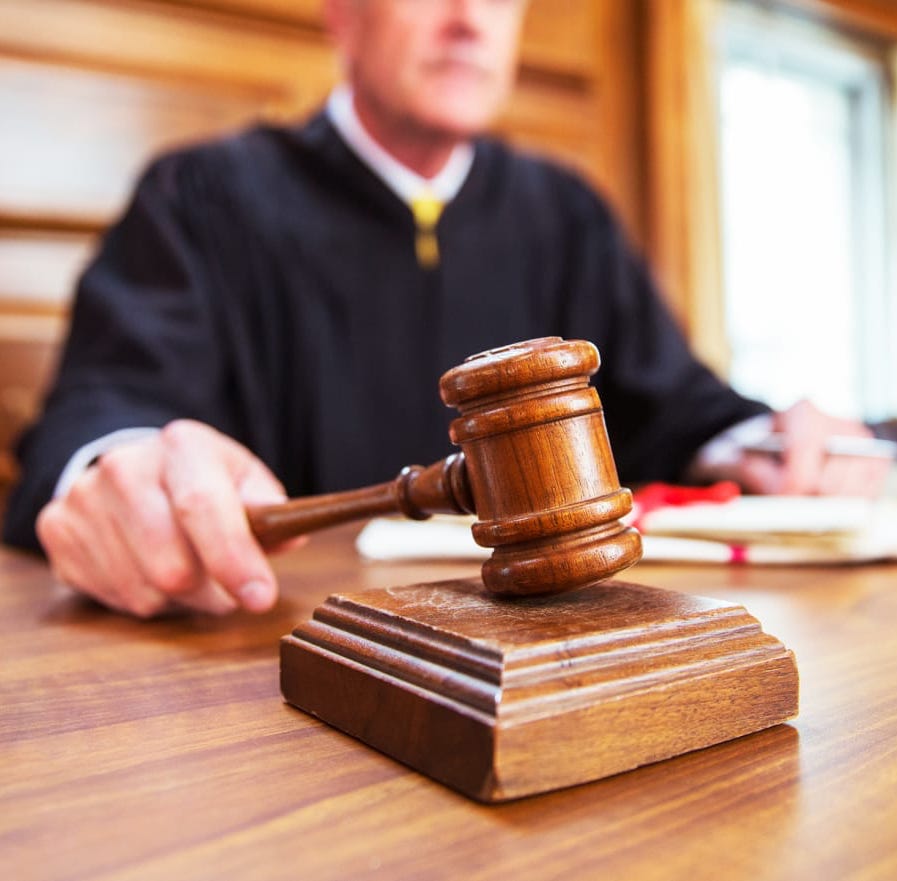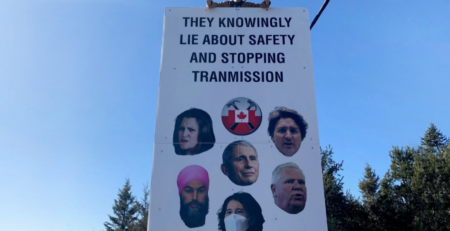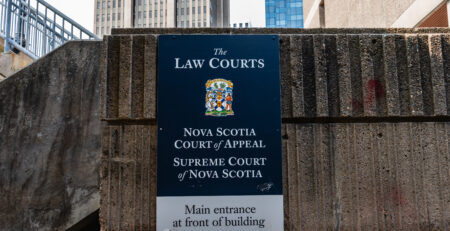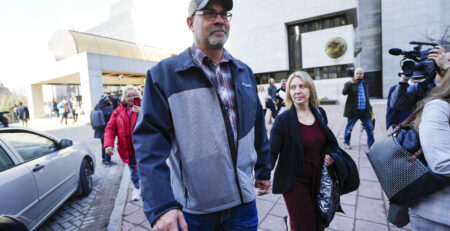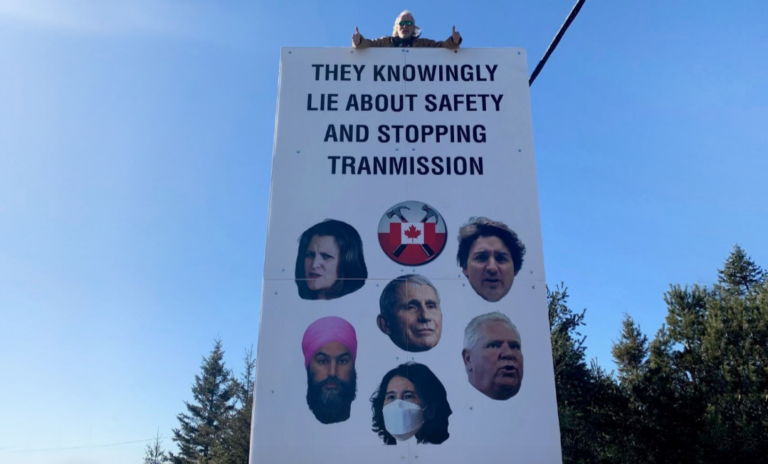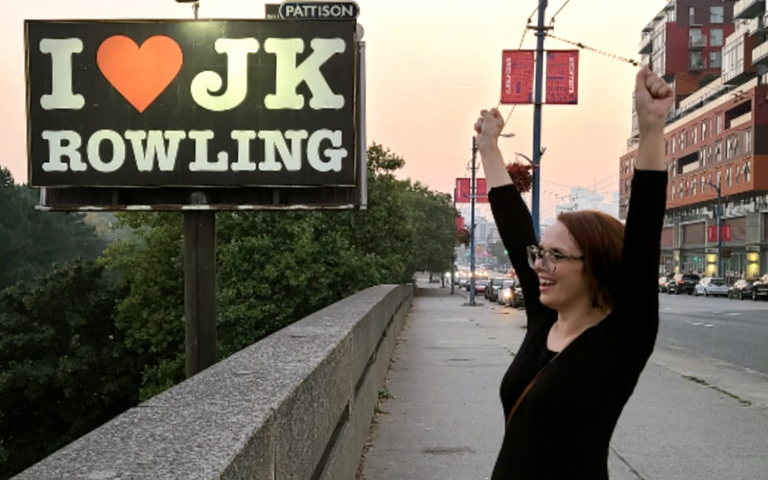TORONTO: The Justice Centre will be in the Federal Court of Canada today, via virtual hearing, representing journalist Andrew Lawton and True North Centre for Public Policy (True North News).
This court action arises from True North News having been excluded from the 2019 federal election Leaders’ Debate on October 7, 2019. The Leaders’ Debates Commission informed True North News on Friday, October 4 that it was barred from the Monday October 7 debate, but True North filed a court action on Monday morning, and obtained an emergency injunction to override this decision of the Leaders’ Debates Commission. Federal Court Justice Russell Zinn found the Commission’s decision was “lacking in discernible rationality and logic” and “neither justified nor intelligible.”
The court action continues as Mr. Lawton and True North News argue that the Commission’s initial exclusion violated their constitutional right to freedom of the press, an essential part of Canada’s free and democratic society that the Charter is meant to protect. The Leaders’ Debates Commission claims the issue is moot because the 2019 election is over, and it is therefore irrelevant whether or not it infringed Lawton and True North’s Charter rights. The Commission now applies to strike the case before it is heard.
Issues surrounding press freedom and independence of the media are growing problems in Canada due to the federal government’s media bailouts to preferred news agencies, and as exemplified by the recent exclusion of Keean Bexte of Rebel News from the Prime Minister’s press conference on May 27, 2020 at Rideau Cottage, where only favoured reporters could attend. The increasingly intimate relationship between the government and select media, who are dependent on government funding for their continued existence, threatens valuable investigation and reporting and lessens accountability.
The Debates Commission banned True North and Mr. Lawton from covering the leaders’ debate in October 2019 based on the claim that they were “advocates” and not journalists. However, the Commission approved other media outlets that openly declare themselves to be advocates. In fact, on the Toronto Star’s own website, it states that the Star has “an ongoing commitment to investigating and advocating for social and economic justice.”
Today the Court will hear the Commission’s motion to strike True North’s application as moot, or no longer relevant. True North and Mr. Lawton seek a ruling that their Charter-guaranteed freedom of the press was unjustifiably infringed. They argue that “permitting government to restrict members of the media based on their perceived motive for gathering and disseminating information, as was done in this case, is too subjective and arbitrary.”
“The Charter protects the right of all media, including independent and less mainstream news organizations, to participate actively in acquiring and disseminating information, regardless of what bias these organizations might possess, or whether they engage in advocacy or not,” explains Justice Centre President John Carpay.
“The Charter protects the press as essential to facilitating healthy democratic debate and keeping governments accountable. Freedom of the press means permitting access not just to favourable media and journalists, but also to those who criticize the government and ask uncomfortable questions,” adds Carpay.

